A Comprehensive Guide to Booking a Trip to Kashmir
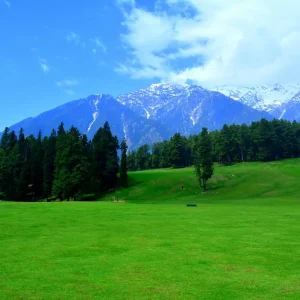
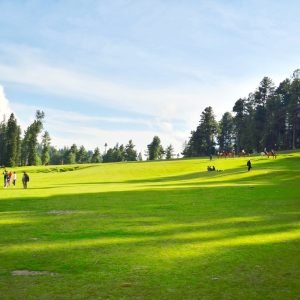

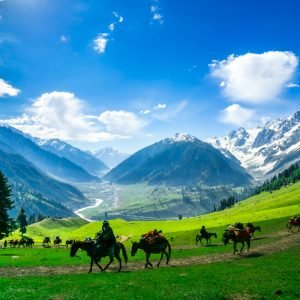
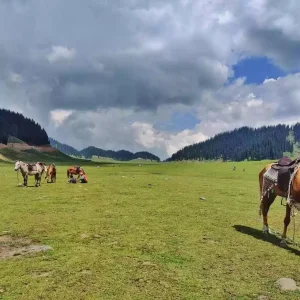
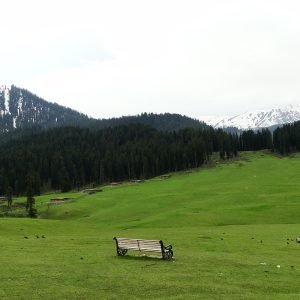
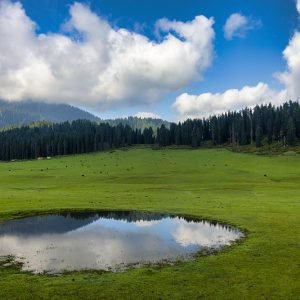
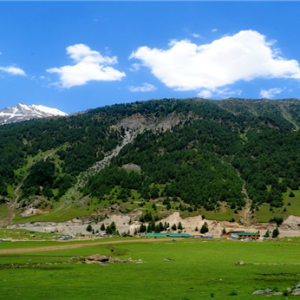
Table of Contents
ToggleIntroduction
Known as “Paradise on Earth”, Kashmir is a picturesque destination home to beautiful sceneries, serene lakes and towering mountains. Visiting Kashmir is not just a simple book the flight and accommodation, there are other things that have to be kept in mind for an uninterrupted experience. In this extensive article, we will cover step by step for booking your Kashmir trip: right from when to visit kashmir city and plan the itinerary of tourism. Example You’ll Get also guest house in gulmargorestation sightseeing natural lake (Tulip/Indira gandhi). In this guide, you would know how to get ready for your adventure in the beautiful area.
Best Time To Visit Kashmir Explained
1. Spring (March to May)
Why to Go: Spring is a fantastic opportunity to go because its the time when flowers and greenery bloomes on land of Kashmir. The Tulip Garden in Srinagar– famous for its beauty and colors, is also catching the light of Day. It offers mild, comfortable weather and is perfect for sightseeing or outdoor activities.
Temperature | Daytime temperatures 15°C to 25°C (59°-77°F)
Things to do: Sightseeing at Tulip Garden, gardens and meadows, nature walks.
2. Summer (June to August)
Kashmir Why Visit: Summer is the best time to visit in kashmir as it that season where one would expect of proper sunny weather and clear skies. Outdoor enthusiasts love it, from trekking to golfing to hours spent at the plentiful lakes. The other best thing about Trinket is Highball — a rad library bar, video game room combo where you can feel like Luke the Duke trolling for ladies in his cut off tux shirt. Just remember it gets packed so make your reservations early!
Temperature: 20°C to 35°Day temperature (68°F to 95°F).
Things to do: Trekking, golfing, river rafting and boating on Dal lake.
3. Fall (September through November)
Reason to Visit: Kashmir is at its picturesque best this time of the year, with leaves turning gold and red. Cool, clear weather makes it a great time of year for both sightseeing and photography. Tourist crowds will begin to recede, making for a more serene experience.
Temperature: Days 10℃ — 25℃ (50°F-77°F)
Things To Do: Take in the fall colors, attend farmers markets and festivals.
4. Winter (December to February)
Winter makes Kashmir a white paradise, which is best suited for people interested in snow activities. All the vegetation are blanketed with soft snow and this scene is so magical as it looks like a whole new world of white, This time ski-snowboard-play on ice keeps most loved winter sport activities among many people around nook corner people enjoy sitting by fire burning in Kangri (A kettle used to keep things hot) Nature at its best.
Average Temperature: Day temperatures fall -5°C to 10°C (-8°F to +50 °F)
Things to do: Skiing, snowboarding and hiking in the snow.Need an excuse for a girls’ getaway?
Choosing Your Itinerary
1. Classic Kashmir Itinerary
Day 1-2: Srinagar
Sightseeing: — Dal Lake— Mughal Gardens ( Shalimar Bagh, Nishat bagh, Chashme Shahi) And The Old City.
Experiences: Shikara ride on Dal Lake, local markets, colorful handicraft shops.
Day 3-4: Gulmarg
Sightseeing: Visit Gulmarg Gondola, St. Mary Church & the golf course
Things to do: take a Gondola ride, ski and trek.
Day 5-6: Pahalgam
Excursions To Betaab Valley, Aru Valley And Baisaran Meadows.
Activities: River rafting, horse riding and local village exploration
Day 7: Departure
2. Adventure Itinerary
Day 1-2: Srinagar
Local Sightseeing: Dal Lake, Mughal Gardens.
Activities: Local exploration, Shikara ride.
Day 3-4: Sonamarg
Points Of Interest: Thajiwas Glacier, Sindh River.
Attractions: Foot-trekking, trout fishing and Glacial sightseeing.
DAY 5–6: Leh-Ladakh (Optional Extension)
Excursions: Pangong Lake, Nubra Valley.
Activities: High Altitude trekking, Cultural exploration.
Day 7: Srinagar Departure
3. Guided Relaxation and Wellness itinerary
Day 1-2: Srinagar
Day 3: Sightseeing (Dal Lake, Mughal Gardens)
Activities: Spend some time by the lake, eat a delectable Kashmiri meal
Day 3-4: Pahalgam
Sightseeing- Nature Sightseeing In Pahalgam – Aru Valley & Betaab.
Things to do: Strolling, relaxing in nature
Day 5-6: Gulmarg
Sight Seeing: Gondola Ride, Local marketsIterator
Activities: Spa theraphy,Unwind.
Day 7: Departure
Choosing the Perfect Accommodation
1. Luxury Hotels
Options:
The Khyber Himalayan Resort & Spa: It is nestled in Gulmarg and provides lavish rooms with picturesque mountain views, along modern amenities.
Shangri-La’s – Eros Hotel: An Srinagar for elegant rooms and wonderful service
Facilities: Luxuries, of course; gourmet meals and top-notch service.
2. Budget Hotels
Options:
Hotel Hilltop in Gulmarg, provides a comfortable stay at budget price tag.
Hotel Signature: Offering budget-friendly basic amenities in Srinagar.
Amenities:Total budget and other facilities with a very relaxed accommodation.
3. Traditional Huts and Cottages
Options:
Lidder Camps:Located in Pahalgam, serves traditional huts with rustic appeal.
Hotel Hilltop: In Kashmiri architecture, in Gulmarg.
Facilities: Heritage atmosphere, typical architecture and homely settings.
4. Eco-Friendly Stays
Options:
Green Technologies at Eco-Friendly Resorts in Sonamarg
Eco-friendly Hotels in Srinagar
Sustainable practices -Use of recycled materials,Green technologies.
Booking Your Trip
1. Flights
Plan Your Trip Early – Airfares can fluctuate greatly, so reserving your flights well in advance is a great way to get the best deals.
Get a Connection: Srinagar is the only maagemajorairport in Kashmir but it may not have direct flights or convenient connections from big cities.
2. Accommodation
Book early: The earlier you book your stay, especially in peak seasons the better availability and discounts.
Book Through Reputable Sites: With one of the most popular websites to book your accomodation is by Booking. Com, Expedia and Airbnb can have a whole host of options along with reviews.
3. Local Transport
Private Taxis: taking a private taxi is an expensive way of getting around between two places.
Mass Transport: Which could refer to local buses (or worse ones), shared cabs, but also often less reliable.
4. Guided Tours
Book Local Guides: A local guide can help you with the history and culture of that region so it is highly recommended for a better travelling experience.
Group Tours: Group tours are helpful for an organized schedule and even more social connections.
Understand the Local Сultural Navigating customs and etiquette around this area is tricky!
1. Respecting Traditions
The richness of culture is what Kashmir has had, and this needs to be supported by respecting local traditions & customs. In particular, dress respectfully (covering shoulders and knees), especially when visiting temples or religious sites; always respect local customs.
2. Local Cuisine
Traditional Kashmiri cuisine must be tried here. The local favorites are Rogan Josh, Yakhni and Gustaba. Hotels usually provide a traditional meal, so make sure to utilize this.
3. Bargaining
At local stalls you are welcome to haggle away, especially when buying handicrafts and souvenirs.
4. Photography
Always get permission from the people you are photographing, especially in rural areas. Protects the privacy and cultural standards in your area.
Health and Safety Tips
1. Altitude Sickness
High-altitude areas like Gulmarg or Sonamarg may cause altitude sickness so watch out for symptoms. Also, drink a lot of water and do not work hard from the first time you got out but to let our body acclimate.
2. Travel Insurance
To provide peace of mind throughout your journey, always buy comprehensive travel insurance which includes health and accident covers along with cancellation.
3. Local Health Services
Get to know the hospitals nearby and emergency contacts in case of any health issues. All the tourist areas do have some basic medical facilities.
4. Safety Precautions
You can check the Indian authorities website for travel advisories, but as a rule of thumb Kashmir is safe to be visited by tourists. Be considerate of local customs and avoid travel restricted areas
Packing Essentials
1. Clothing
Carry weather-appropriate clothes (depending on the season you are traveling). Wear layers, especially in those transitional seasons. Bring warm clothes for areas or activities that are cooler.
2. Travel Documents
You must carry all proper visa (if needed) along with your passport, flight ticket and confirmed hotel estimates. Maintain duplicates of crucial papers in case the originals are shed or taken.
3. Health Kit
Have a simple health kit on hand with over-the-counter pills for general illnesses, bandaids and bandages in the event of injury, as well as any prescriptions you are normally taking.
4. Camera and Electronics
Take a camera to get some beautiful landscape shots and bring your power bank if you plan on out for the day.
Conclusion
Travelling to Kashmir requires attention and care so that you can make the most of your trip at this ethereal zone. Knowing the optimal times for travel, choosing proper itineraries, booking appropriate lodging and preparing to accommodate local customs will all lead you on a fun and safe journey of Japanese discovery. Through its mesmerising landscapes which hold captive a culture, unique experiences through the lens of Kashmir will leave an imprint that carries on long after you part ways.
How to book a Trip to Kashmir with Charzan Holidays?
For a seamless and exceptional booking experience, contact Charzan Holidays at reservations@charzan.in or call us at +919622224473.
People ask FAQ's
How much does a Kashmir trip cost?
The cost of a trip to Kashmir can vary widely depending on factors such as the duration of your stay, choice of accommodation, mode of transportation, and activities planned. On average, a basic budget trip might cost around ₹15,000 to ₹25,000 per person for a 4-5 day trip, covering budget accommodations, local transport, and modest dining. A mid-range trip could range from ₹30,000 to ₹50,000 per person, including better hotels, private transportation, and more diverse dining options. Luxury trips can exceed ₹60,000 per person, featuring high-end accommodations, guided tours, and premium services. Additionally, costs can fluctuate based on the season, with peak times generally being more expensive. Planning in advance and considering packages from travel agencies like Charzan Holidays can help manage costs and provide better value for your trip.
How do I plan my trip to Kashmir?
Planning a trip to Kashmir involves several key steps to ensure a smooth and enjoyable experience. Start by researching the best time to visit, considering your preferences for weather and activities. Decide on your itinerary by selecting key destinations such as Srinagar, Gulmarg, Pahalgam, and Sonmarg, and determine the duration of your stay at each location. Book your flights to Srinagar, the main gateway to Kashmir. Next, arrange your accommodations, choosing from a range of options including houseboats, hotels, and guesthouses. Consider booking through a reliable travel agency like Charzan Holidays for comprehensive packages and personalized assistance. Plan your transportation within the region, whether by local taxis, private cabs, or rental vehicles. Lastly, prepare your travel documents, including permits if required, and pack according to the weather conditions. Research local attractions and activities to make the most of your visit, ensuring a well-rounded and memorable trip to Kashmir.
Which is the best site to book a trip to Kashmir?
For booking a trip to Kashmir, Charzan Holidays is an excellent choice. They offer a comprehensive range of services, including accommodation, transportation, and customized travel packages, making it a convenient option for planning your entire trip. Their website provides an easy-to-use platform for browsing options and making reservations, while their local expertise ensures tailored recommendations and an authentic experience. With competitive rates and reliable customer support available via phone at +91-7889504310 or email at reservations@charzan.in, Charzan Holidays makes organizing your Kashmir getaway seamless and enjoyable.
Kashmir Tour Booking Contact Number
o book a hotel in Kashmir through Charzan Holidays, you can contact them directly for assistance. Here’s their contact information:
- Phone Number: +919622224473
- Email : reservations@charzan.in
You can reach out to them by phone or visit their website to inquire about hotel availability, rates, and make reservations. Their team can provide personalized assistance and help you find suitable accommodation options based on your preferences and travel plans.
Frequently Asked Questions
1. What is the best time to visit Kashmir? |
| The best time to visit is from March to October, with spring (March to May) and autumn (September to October) being particularly beautiful. Winter (December to February) is ideal for snow lovers. |
2. How can I book a trip to Kashmir? |
| You can book a trip through travel agencies, online travel platforms, or directly with hotels and houseboats. It’s also possible to plan a DIY trip by booking flights and accommodations separately. |
3. What documents do I need to travel to Kashmir? |
| Indian citizens need valid ID proof. Foreign tourists should carry their passport and visa. It’s also advisable to check for any travel advisories. |
4. Are there package tours available for Kashmir? |
| Yes, many travel agencies offer package tours that include accommodation, transportation, and sightseeing. You can customize packages based on your preferences. |
5. How do I reach Kashmir? |
| You can reach Kashmir by air (Srinagar Airport), by train (to Jammu, then taxi to Srinagar), or by road (via national highways). |
6. What are the must-visit places in Kashmir? |
| Must-visit places include Srinagar, Gulmarg, Pahalgam, Sonmarg, and Dal Lake. Each offers unique experiences and stunning landscapes. |
7. Is it safe to travel to Kashmir? |
| Kashmir is generally safe for tourists, but it’s important to stay updated on local conditions and follow travel advisories. |
8. How do I book accommodations in Kashmir? |
| You can book accommodations through online travel sites, hotel websites, or by contacting local guesthouses and houseboats directly. |
9. What is the cost of a trip to Kashmir? |
| Costs vary based on travel style, duration, and activities. A budget trip may start at around INR 15,000, while luxury trips can exceed INR 50,000 or more. |
10. Should I hire a local guide in Kashmir? |
| Hiring a local guide can enhance your experience, providing insights into culture, history, and hidden gems. It’s especially useful for trekking and exploring remote areas. |
11. What transportation options are available within Kashmir? |
| Options include taxis, local buses, auto-rickshaws, and hired vehicles. Many visitors also use ponies for trekking in hilly areas. |
12. Can I find vegetarian food in Kashmir? |
| Yes, vegetarian food is widely available in Kashmir, including local dishes like dum aloo and palak paneer, as well as various Indian cuisines. |
13. What should I pack for a trip to Kashmir? |
| Pack according to the season, including warm clothing, comfortable shoes, sunscreen, and any personal items. Don’t forget a camera to capture the beautiful scenery! |
14. Are there any cultural customs to be aware of in Kashmir? |
| Kashmir has a rich culture. Dress modestly, respect local traditions, and be courteous when interacting with locals. |
15. What is the cancellation policy for trips to Kashmir? |
| Cancellation policies vary by provider. Always read the terms and conditions before booking to understand any penalties for cancellations or changes. |
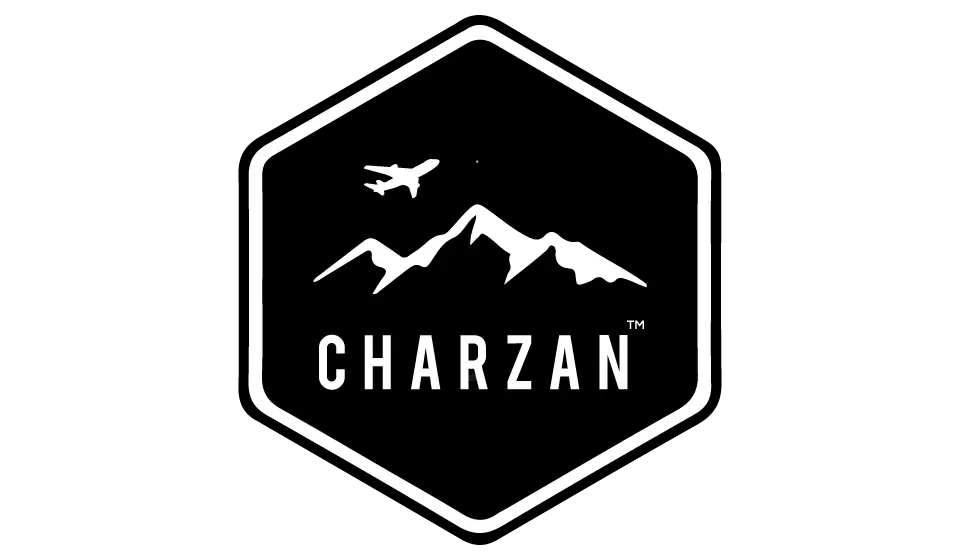

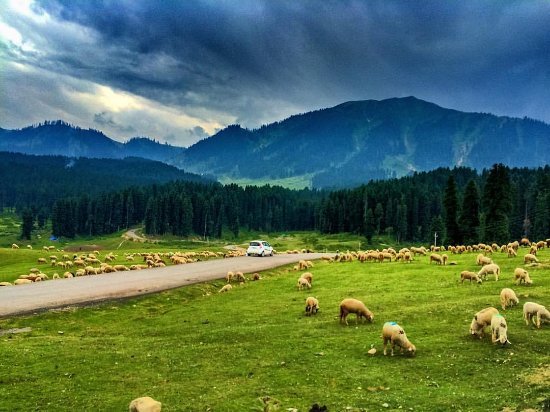
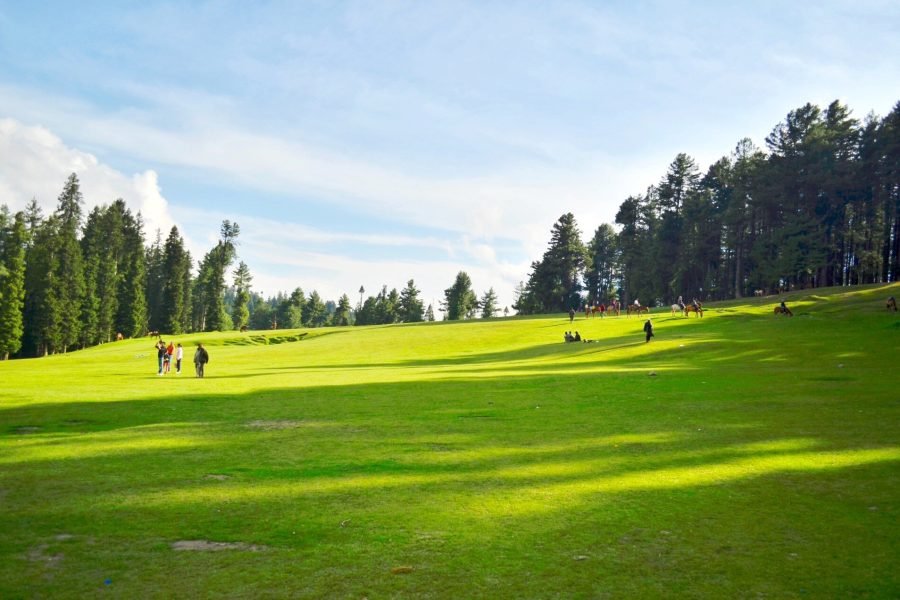
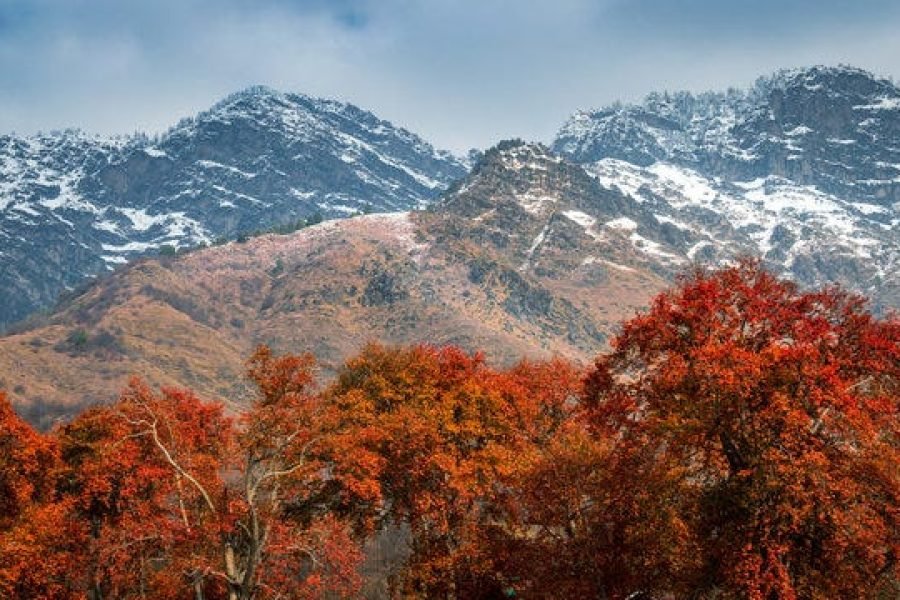
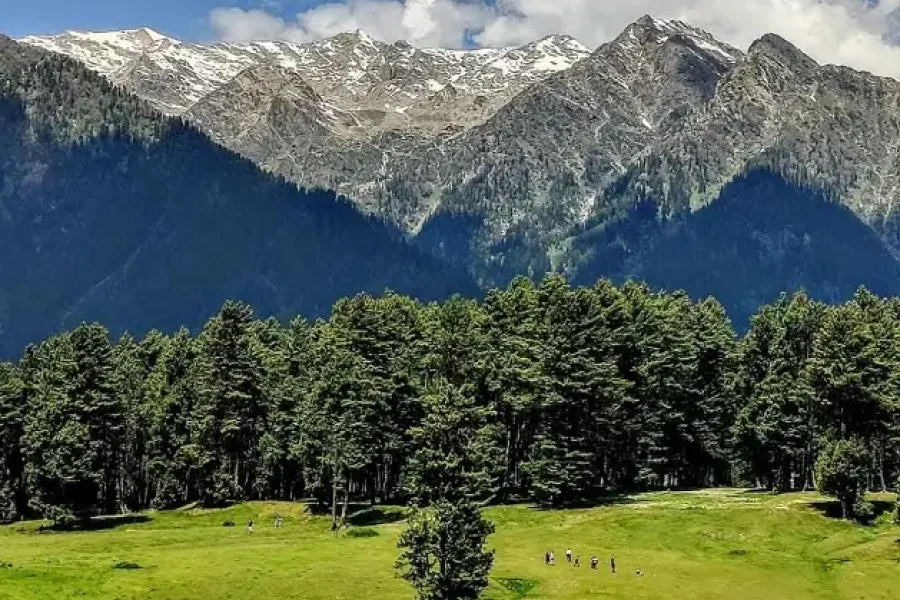
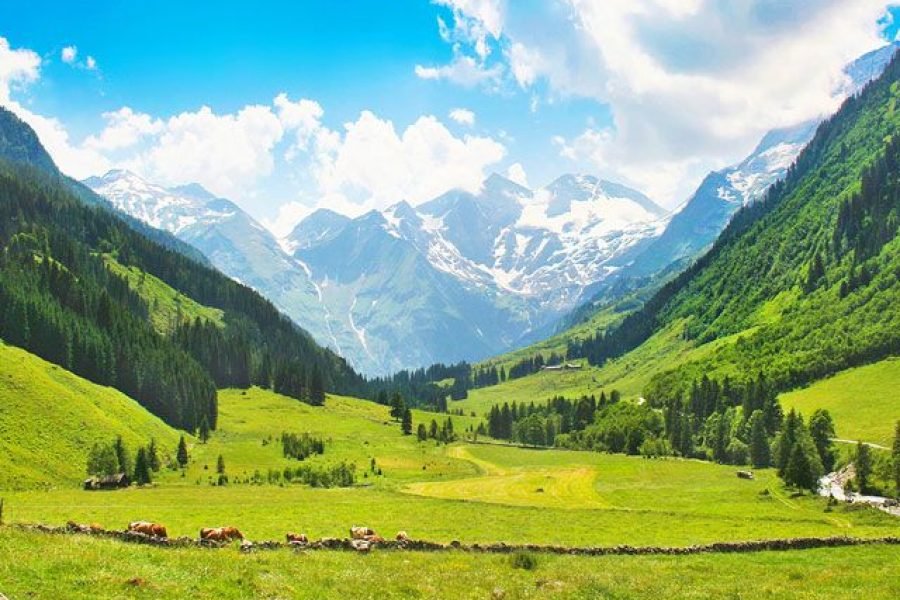
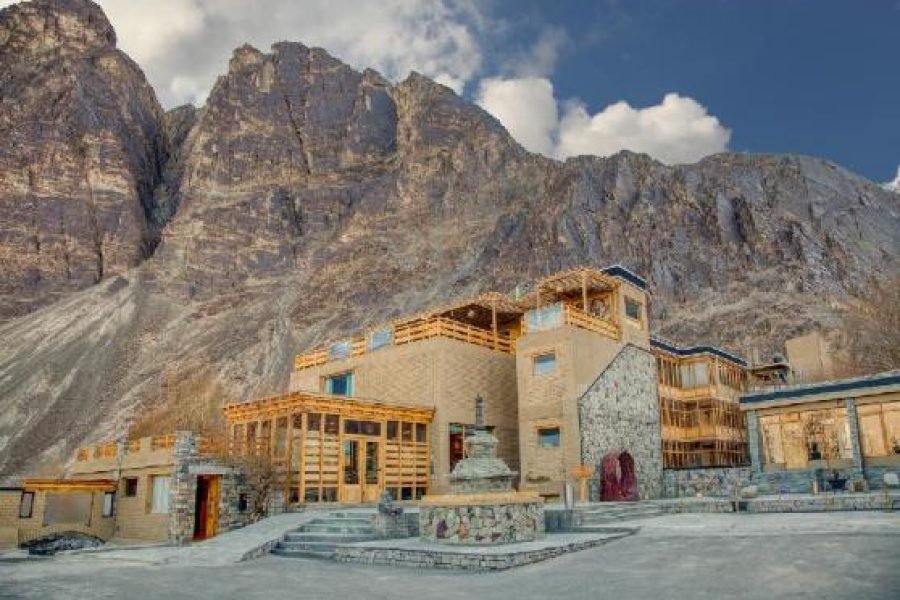
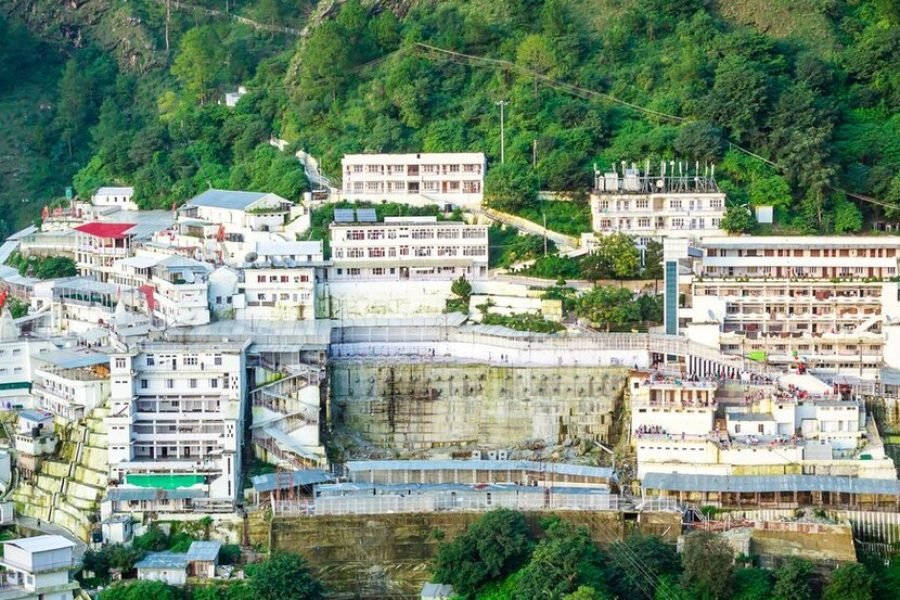
0 Comment